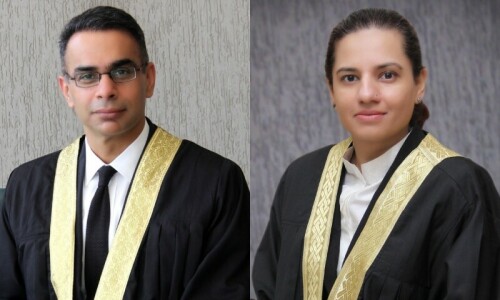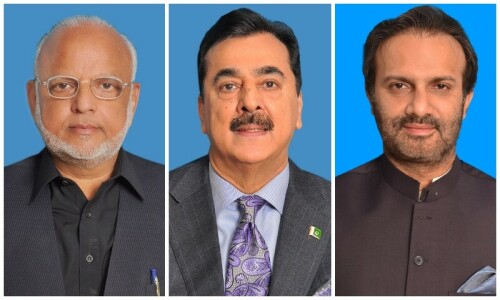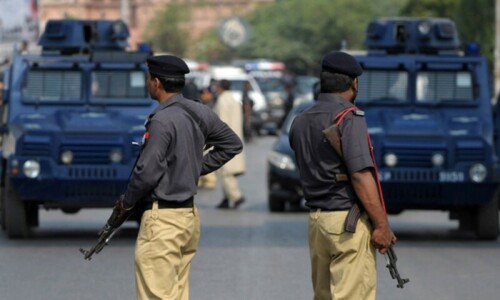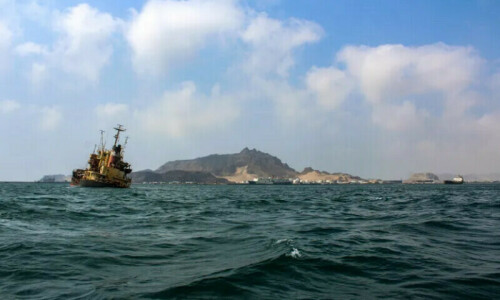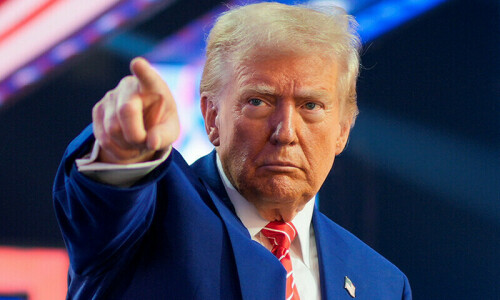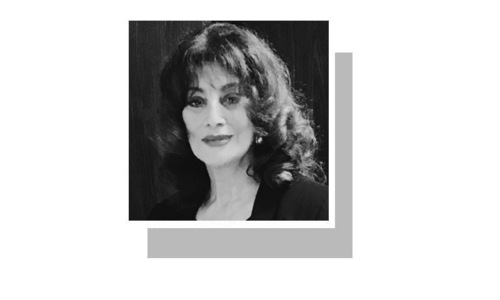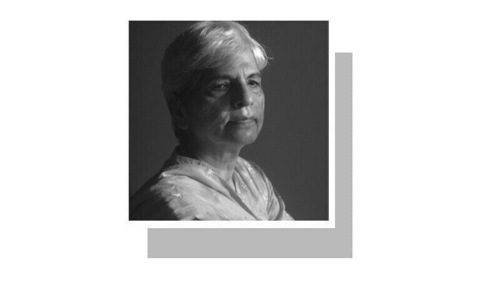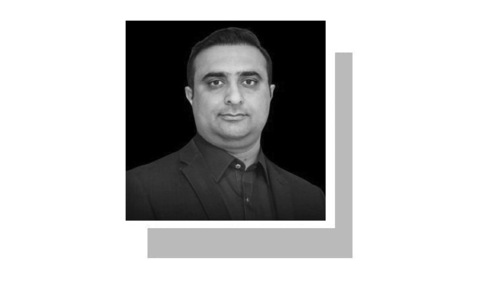ISLAMABAD, Dec 26: Pakistan will be hosting hundreds of foreign election observers, comprising parliamentarians, NGO representatives, officials and media persons from several countries, including the US and the European Union, for the January 8 polls in the country.
The biggest group would be coming from the European Union consisting of 67 members with a core team of 12 people plus 55 for long-term observation mission.
This was disclosed by Foreign Office spokesman Mohammad Sadiq while responding to questions at a weekly news briefing here. He said the Foreign Office had already processed and approved more than 200 requests of mostly officials, parliamentarians and representatives of various organisations, adding that quite a few foreign observers had already arrived in the country.
He maintained that Pakistan received requests from all over the world and almost all of them had been approved. His response to a query however made it clear that the government was in no mood to accommodate observers from the Commonwealth at this juncture since it had suspended Pakistan’s membership.
Giving details of foreign election observers, the spokesman said some 60 representatives would be coming to Pakistan from the Washington-based International Republican Institute (IRI). These representatives belong to different countries, including the US, Azerbaijan, Jordan, Cambodia, Liberia, Iraq, Morocco, Uganda, Singapore and South Africa. Moreover, he noted that all of the NGOs had also been cleared but he was not sure of the exact number.
He told a questioner that the list contained names of NGO representatives from Switzerland and Germany. The visit of the NGOs was being coordinated by the NGO ‘Researcher,’ he said. Requests of “several dozens” of media people were also being processed, he added.
The spokesman indicated that the Foreign Office had also cleared requests for Islamabad-based diplomats to observe the upcoming polls.
Observer passes would give the visiting foreign monitors access to polling stations, the election officers and other stakeholders, he stated.
In response to a question, he said all observers were expected to follow “in letter and in spirit” the Code of Conduct issued by the Election Commission.
When asked if visas issued to the observers would be valid for the entire country, his response was that on the cases he had seen there was no limitation. However, he was quick to point out that the militarily active areas always remained out of bounds.
INDIAN MISSILE TESTS: Referring to a number of recent missile tests conducted by India in context of the Missile Defence Shield, the spokesman declared: “We are not in favour of introducing new weapon system in South Asia because introduction of any new weapon system by any party would lead to an unnecessary armament race which South Asia cannot afford.” However, he made it clear that Pakistan would not spare any effort to defend its territory and national interest.
KARZAI’S VISIT: Highlighting the significance of Afghan President Hamid Karzai’s visit to Pakistan, he stated: “It is an important political visit. It will have an important economic content and all the issues which are important for bilateral relationship will be on the table.”
FATA AID: Commenting on The New York Times report that claimed the US aid for the Fata development plan was in jeopardy due to questions relating to the monitoring mechanism, Mr Sadiq said: “It seeks to generate an unnecessary controversy. Fata is a very important area and we think that economic transformation of that area is pivotal in fight against extremism and terrorism.” He underlined that the Fata Sustainable Development Plan was part of this comprehensive strategy and said while Pakistan was using its own resources to bring about economic change, assistance from the international community was also required to accelerate the development process.
“The procrastination will slow it down and to that extent damage our efforts to fight extremism and terrorism,” he warned.
FS TALKS: To another query, he said the foreign secretaries of Pakistan and India would most likely review the progress in the fourth round of the Composite Dialogue early next year.
POPE: When Spokesperson Sadiq’s attention was drawn to Pope Benedict’s recent speech in which he mentioned Pakistan as one of the countries in what he termed the “tortured region” and asked what the Foreign Office’s view was on the Pope equating Pakistan with countries like Afghanistan, Iraq and Somalia, he said: “These are his views but I hope everybody in this room understands and knows that the situation is not that bad in Pakistan.” When subsequently asked that if by saying so he was conceding that the situation was actually bad, he left it at: “Well this is an issue of perception.”



